Boris Johnson survived Covid 19 thanks to the excellent care received at St Thomas’ Hospital. As someone living with obesity, the outcome could have been very different. Boris Johnson realised that his weight put him at significant risk and this has brought a new focus on the rate of obesity in the UK.
Generally, the attitude towards people living with obesity has been poor. They have been blamed as being, greedy, lazy and self-indulgent. Worst still was the impression that they are a complete drain on the NHS! This has things very difficult for patients. Most countries have already identified obesity as being a disease. In January 2019 The Royal College of Physicians urged the UK Government to recognise obesity as a disease if its prevalence was to be reduced.
So, what is obesity? Broadly speaking, obesity is a condition when the body mass index reaches 30 kg/m2. This is further complicated with those having a large waist measurement because this suggests that the internal fat is surrounding internal organs and this results in metabolic complications sooner. Obesity isn’t new. We just didn’t know understand it. There are images of obesity going back to ancient civilisations. One example being the Venus of Willendorf

Clearly, this is a figure with central obesity!
Somewhat later, Henry VIII weight crept up over his life and much of this was linked to sad events. We don’t know his weight but we can estimate his BMI from the suits of armour. His BMI was obviously in the 50s at one point and his obesity appeared to be central. We can guess that he had developed type 2 diabetes which probably stopped his jousting wound from healing and hastening his death.
Returning to the 21st Century, we can see that obesity rates are increasing and that 11 % of adults and 8% of children are seriously overweight. 34% of 45-55 British people are in the obese category. Aside from the physical health complications, 88% of people with obesity reported being stigmatised, criticised or abused as a direct result of their weight. This can lead many to avoid accessing primary care for fear of criticism.
Obesity has two main factors. Genetic and environmental. (nature v nurture). It’s effects can cause metabolic, joint or psychiatric problems. This means that more medications are needed and fewer are able to resume full time employment. In 2007, the costs to the community were estimated to be £16billion and these levels are increasing.
Many people glibly suggest that patients should simply eat less and more. However, we know that hormones pay a large part is resisting weight loss so many end up regaining all weight lost plus some extra.
What can be done? Losing 5-15% of weight can have a profound effect on reducing co morbidities but patients need help. This can include counselling, diet and exercise as first line treatments. For some patients, there are also options for drug treatments and bariatric (weight-loss) surgery.
Diet management includes a change to the attitude towards foods. An all or nothing approach isn’t helpful. Foods don’t need to be vilified. All foods are “allowed” but may need to be in small, more controlled. Exercise does not have to mean a subscription to the gym or a new bike. Simply walking 3 times a week or using the stairs can make a difference. If necessary, borrow a dog!
Drug treatments. Since the 1960s, there have been drugs available to support weight-loss. Unfortunately, most were amphetamine based and extremely addictive. More recent drugs have been successful but had serious side effects and were withdrawn.
Until recently, the only drug option was a fat binder which had a significant chance of leading to oily diarrhoea if the patient was unable to reduce their fat intake to minimum levels. Few patients could tolerate it long term. This is likely to be replaced by one of the newer drugs prescribed for patients living with type 2 diabetes. This has been shown to aid weight loss so it can now be offered at a higher dose to patients wishing to lose weight when patients combine it with other lifestyle changes.

Those with a BMI of 40kg/m2 (or 35 with other weight related health problems) can be considered for Bariatric (weight loss) surgery. This is now offered across the UK in NHS and private settings. The patient selection is robust to ensure the best and safest outcomes. This takes time which can lead some patients to travel overseas for surgery. Some go to countries with minimal selection criteria and may return without any follow up, advice or even an operation record. The NHS expected to deal with post-operative complications with minimal documentation.
All clinicians agree that obesity is a major risk to health and needs action soon.
Written by Toni Jenkins (ECG Obesity Specialist Nurse), Tuesday 13th October 2020












